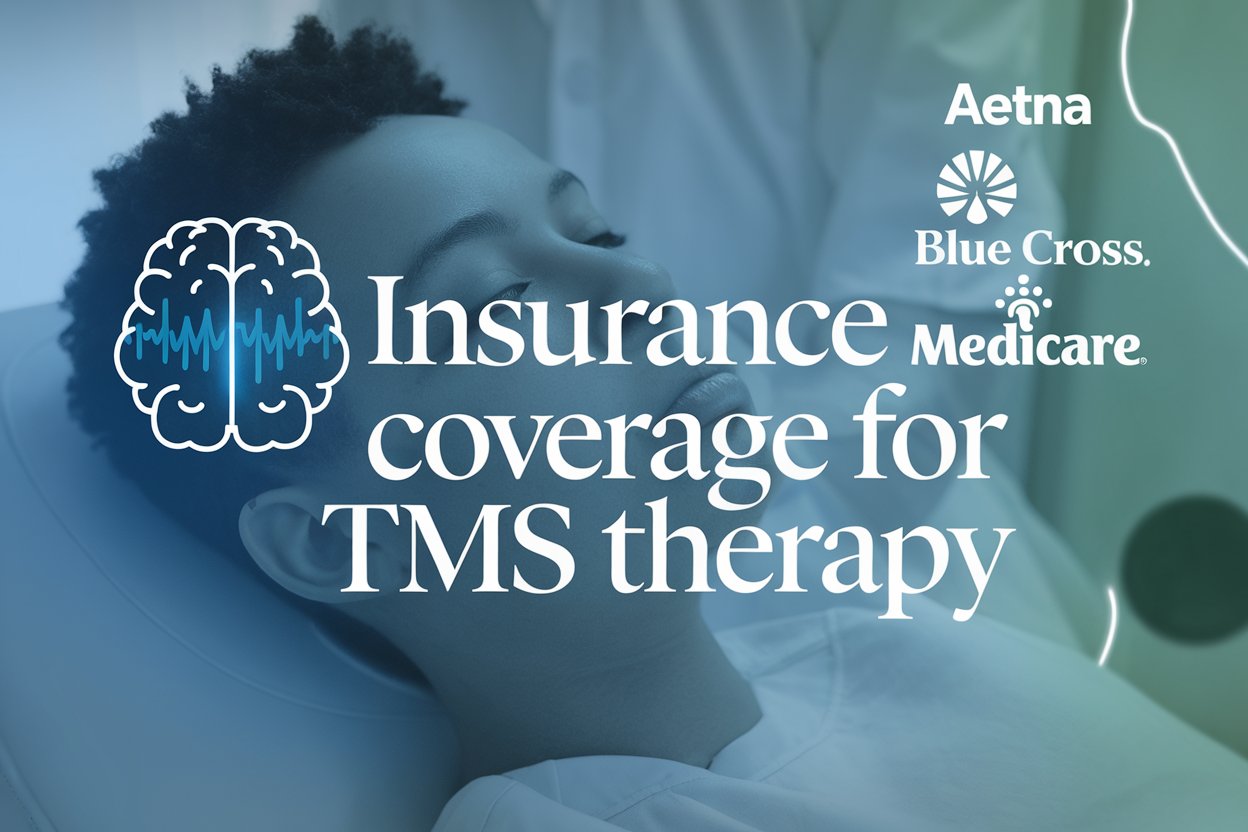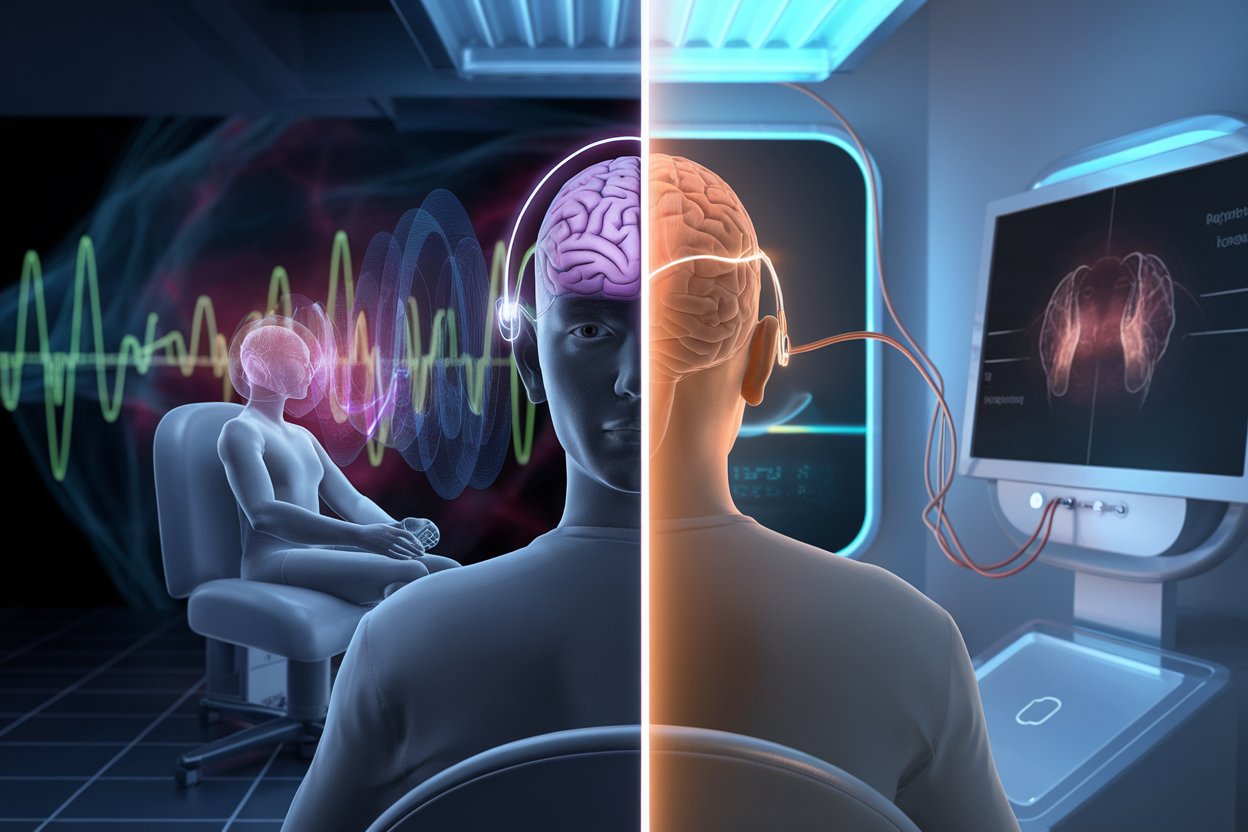If you’re wondering if Aetna covers TMS therapy, you’ve come to the correct place. The short answer is “yes,” Aetna does cover TMS therapy, but you have to meet certain requirements. As an alternative to other treatments that haven’t worked, Transcranial Magnetic Stimulation (TMS) can help people with major depressive disorder. We’ll explain what Aetna requires in order to cover TMS therapy and how American TMS Clinics can help you get it.
TMS Therapy and Aetna Coverage Criteria
The TMS therapy stimulates brain cells with magnetic fields to help people with depression feel better. You don’t have to have surgery or have electrodes put in your body for this procedure. Therefore, the procedure involves placing a magnetic coil near your head. There are other ways to treat depression besides medication, and TMS seems like a viable option.
Aetna considers TMS therapy covered under the following conditions:
- FDA Approval: The FDA must approve the TMS device.
- Age Requirement: You have to be at least 18 years old.
- Diagnosis Confirmation: You need a psychiatrist to confirm that you suffer from a severe case of major depression.
- Treatment History: You have not seen enough improvement after trying at least two different antidepressants from different classes.
- Specific Treatment Plan: Over a period of six weeks, Aetna covers up to thirty sessions, with the possibility of additional tapering sessions.
4 Quick FAQs
1. How can I find out if my specific Aetna plan covers TMS therapy?
- American TMS Clinics is the best place to start. We can help you get a Verification of Benefits (VOB) so you can see if you are covered.
2. What makes TMS therapy different from other depression treatments?
- • Because TMS goes directly to mood-controlling brain regions without drugs, it can work when other treatments fail.
3. Are there any side effects to TMS therapy?
- In general, TMS is well tolerated. Some people may have a mild headache or pain at the treatment site, but these side effects usually only last for a short time.
4. How long does a TMS therapy session last?
- Usually, each session lasts for thirty to sixty minutes. You can relax, watch TV, or listen to music during the treatment.
The Path to Treatment with American TMS Clinics
Understanding your insurance coverage is necessary before beginning TMS therapy. While it might seem complicated, American TMS Clinics is here to make things easier. Contacting us will help you check your insurance benefits and understand the next steps to getting treatment. Helping people who need TMS therapy get it as easily as possible is our goal.
Ready to Take the Next Step?
Contact American TMS Clinics in Phoenix, Arizona, Today!
TMS therapy could be the next step if traditional treatments for depression haven’t helped you or someone you care about. More people can get it with Aetna coverage than you might think. Find out more about the benefits of American TMS Clinics by calling them. This will help you begin your recovery. From figuring out your insurance coverage to finishing your TMS therapy sessions, our team is here to help and support you every step of the way. The future will be better and healthier if we all work together.
(602) 922-0960
5020 E Shea Blvd Suite 120 Scottsdale, AZ 85254





